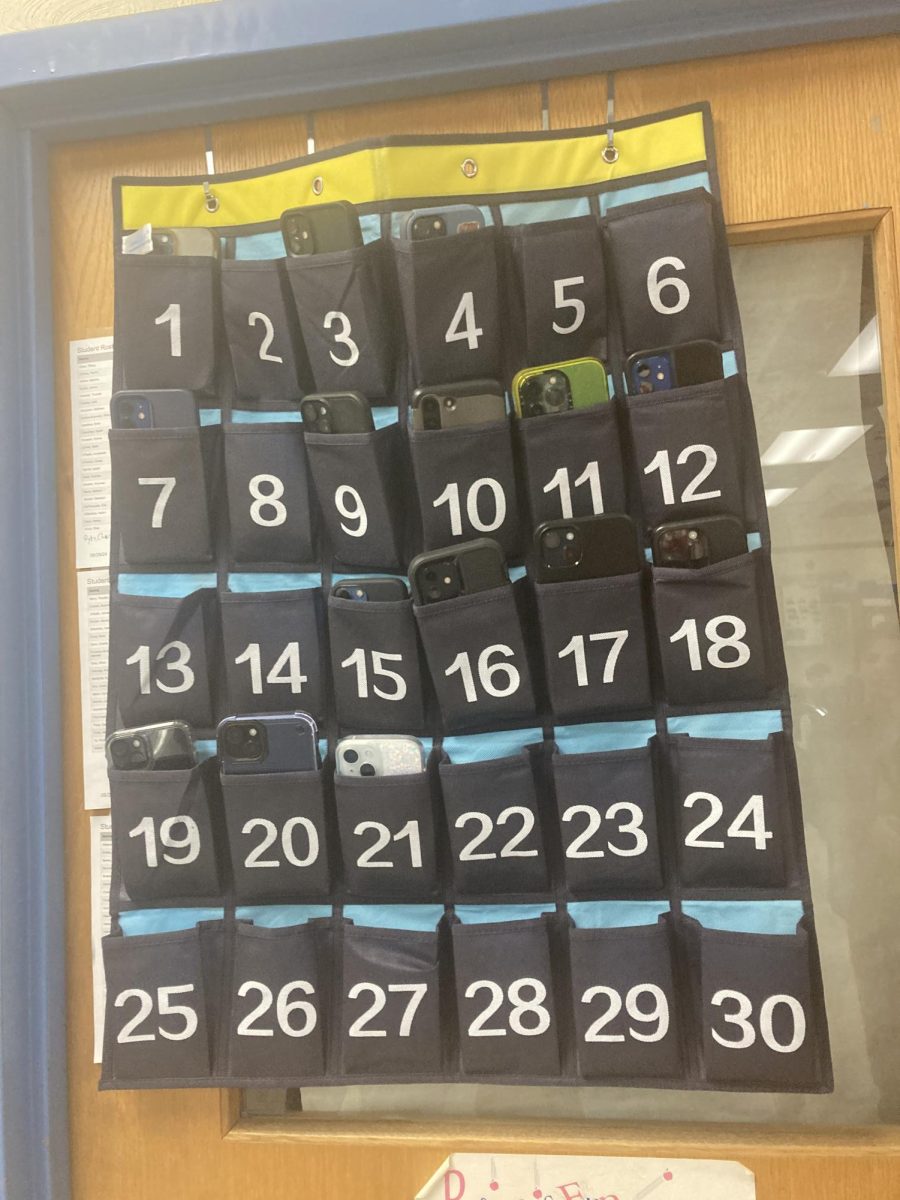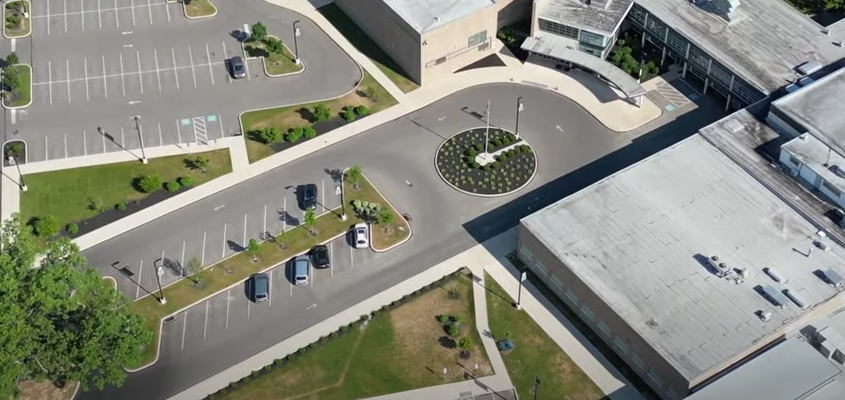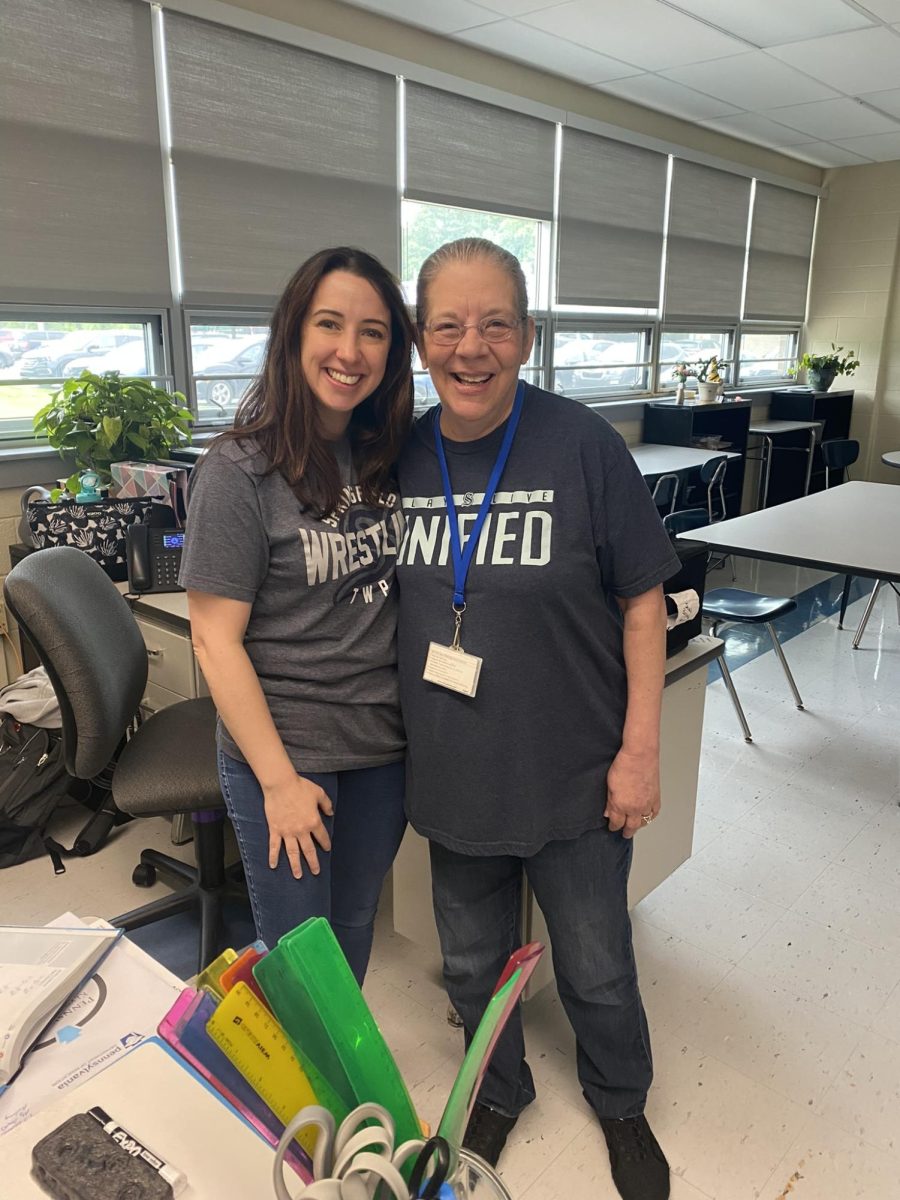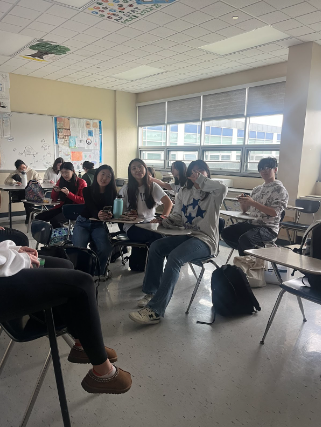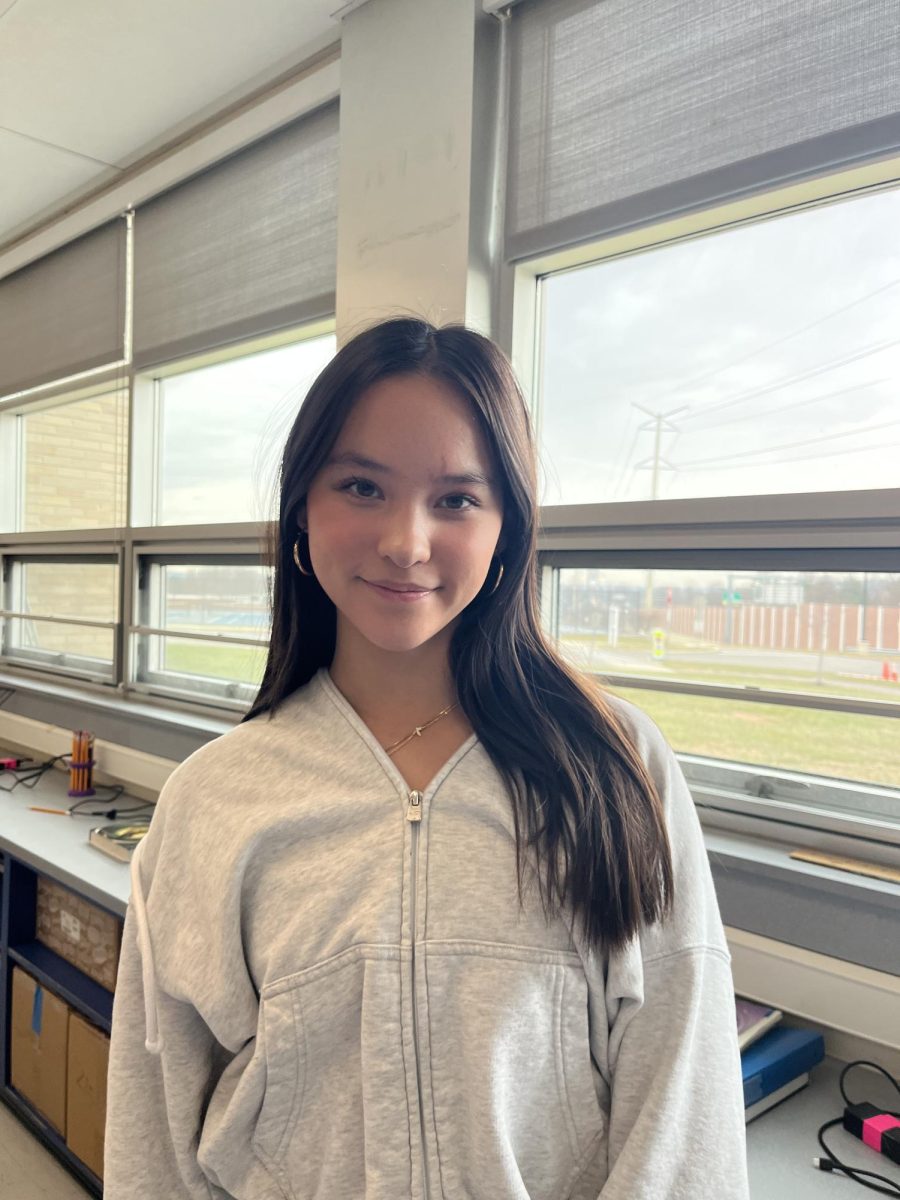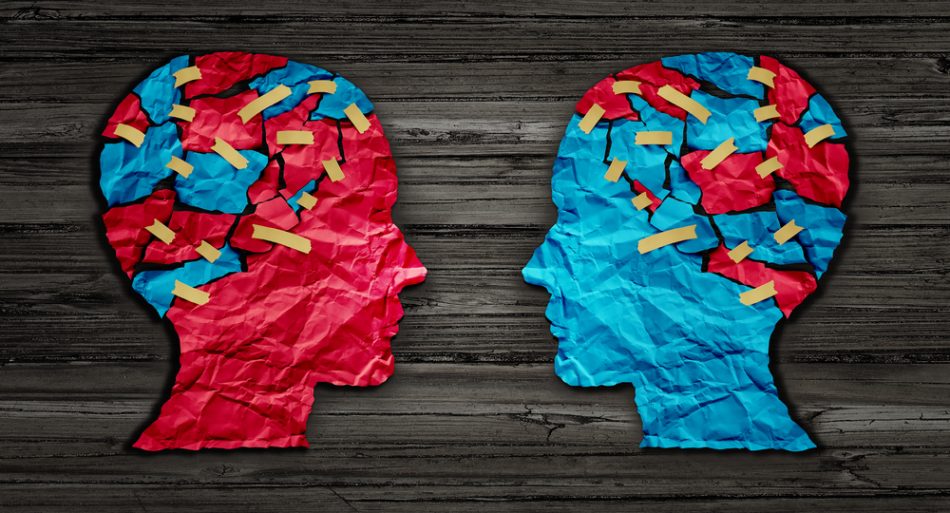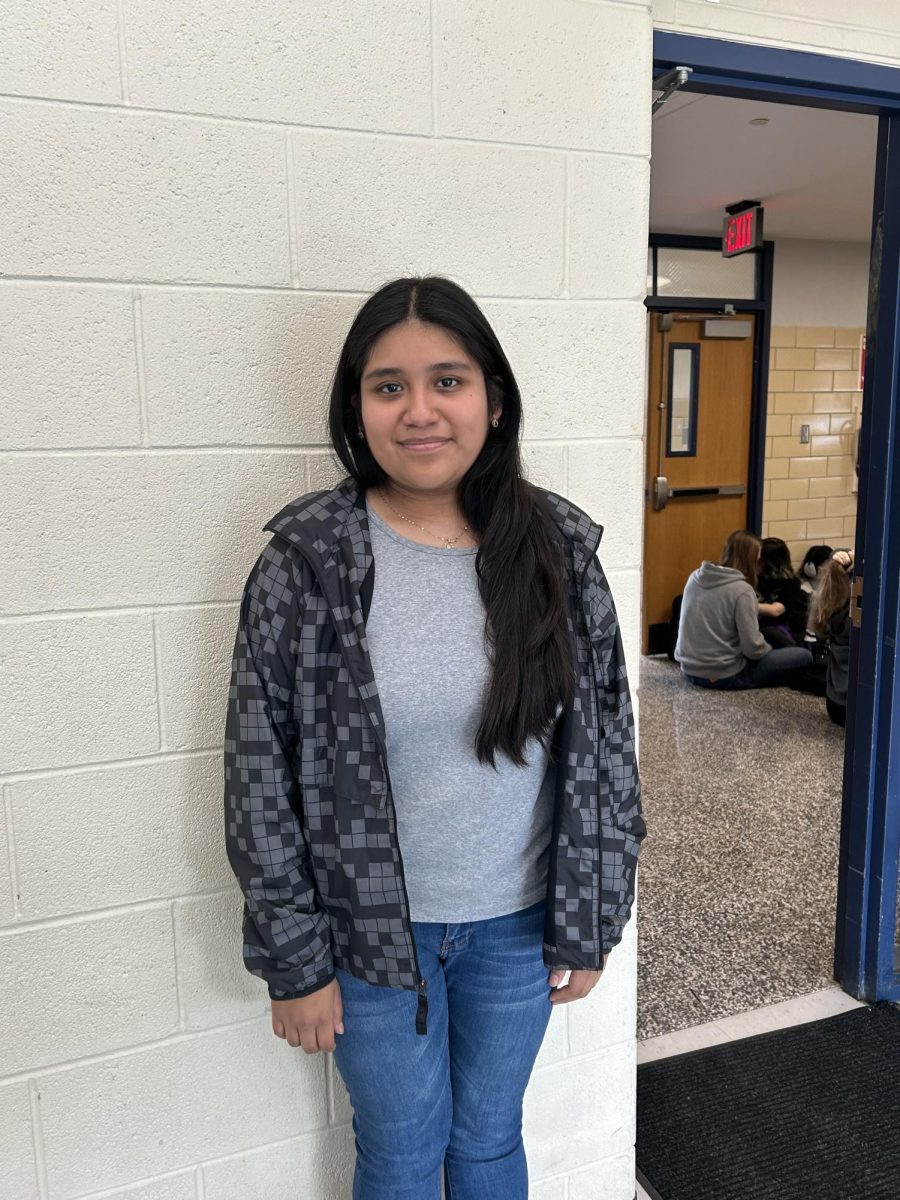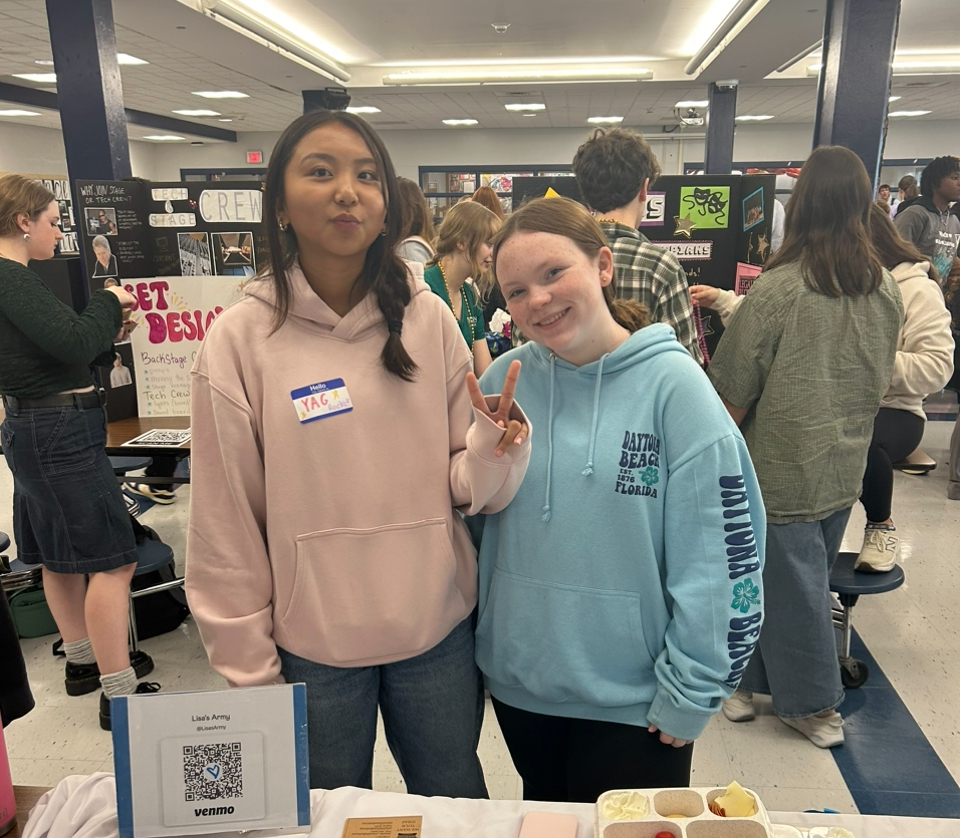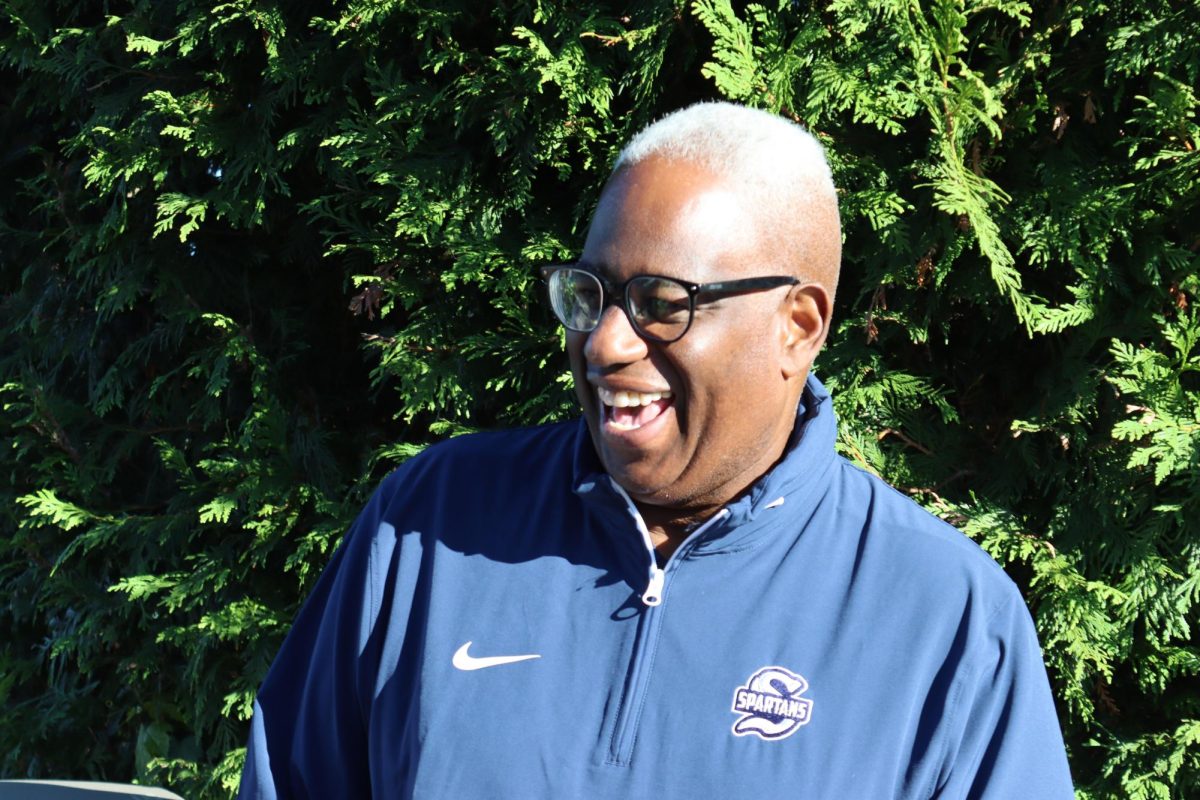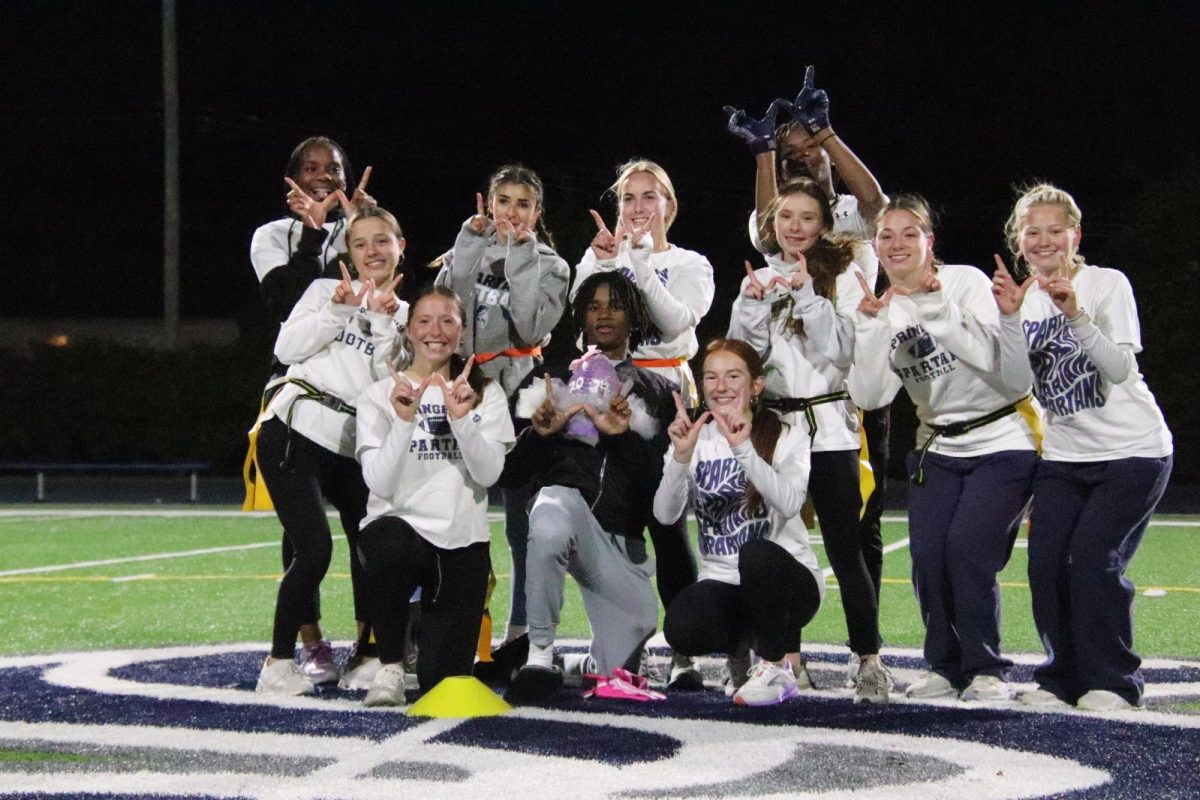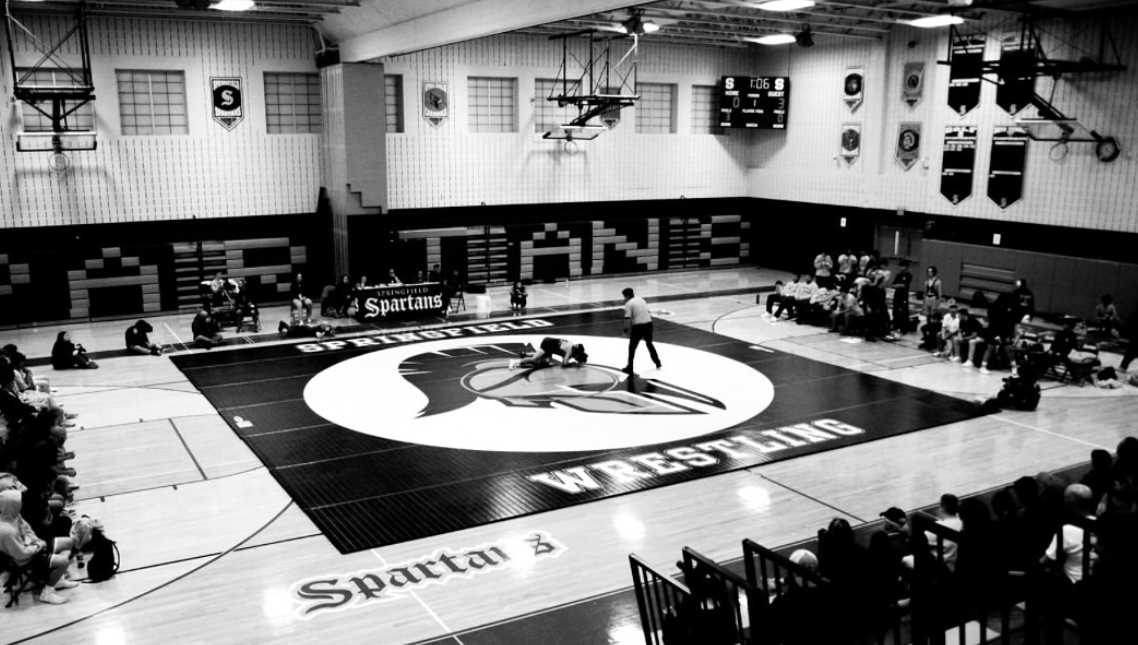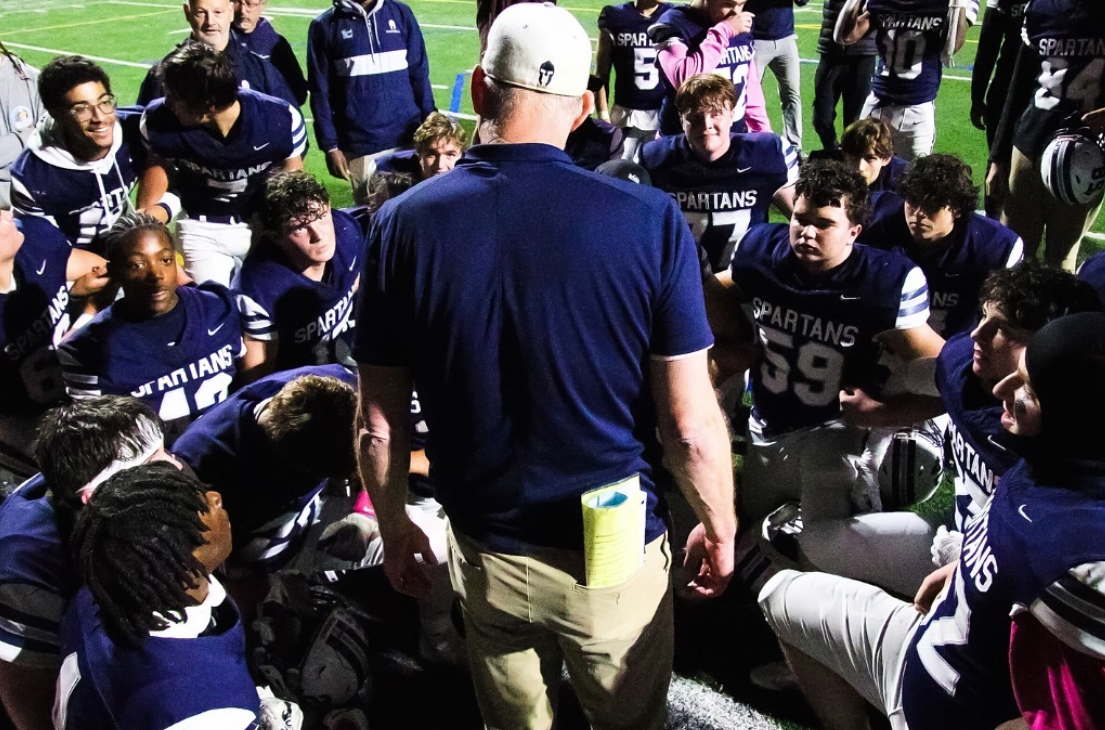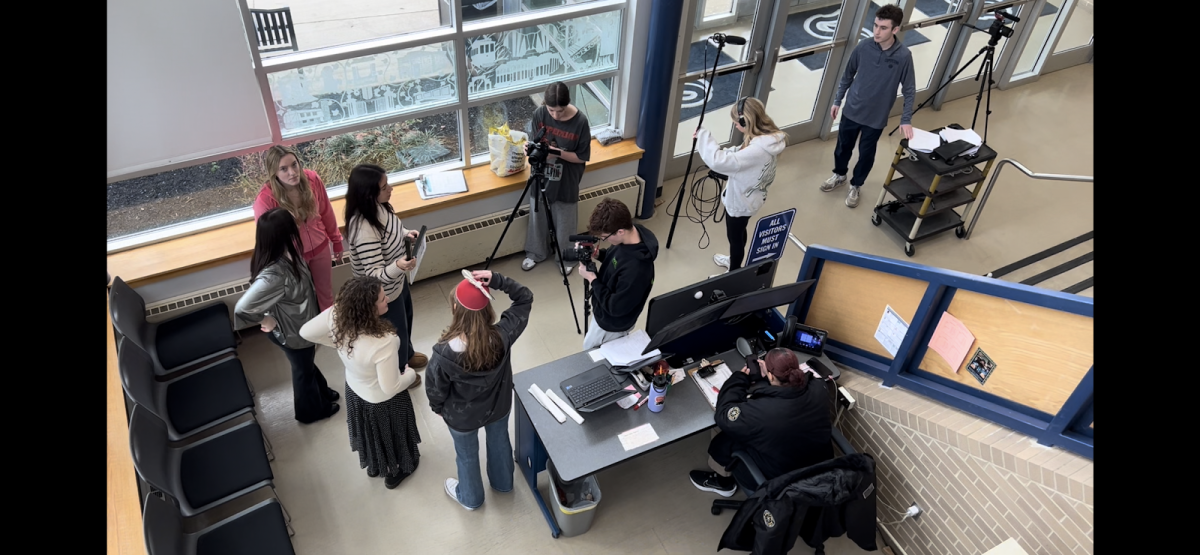Leading into the November 2024 presidential election between Donald Trump and Kamala Harris, people engaged in political debates across the country. After the election on Tuesday, November 5th, Donald Trump was elected to be America’s next president. Recent data (as of March 2024) about Montgomery County’s political affiliations show 49.96% of registered voters are Democrats, 33.85% Republicans, 11.16% Independents, and 5.02% are affiliated with minor parties.
In previous elections, there were many accounts of how political differences fractured adult and familial relationships. The Chronicle was interested in seeing how this issue impacts students’ friendships with one another. To find out, we interviewed multiple people about this issue. Interestingly, some students were more indifferent to how politics affected their relationships, while others acknowledged it, but did not prioritize as a reason why they were or were not friends with another person.
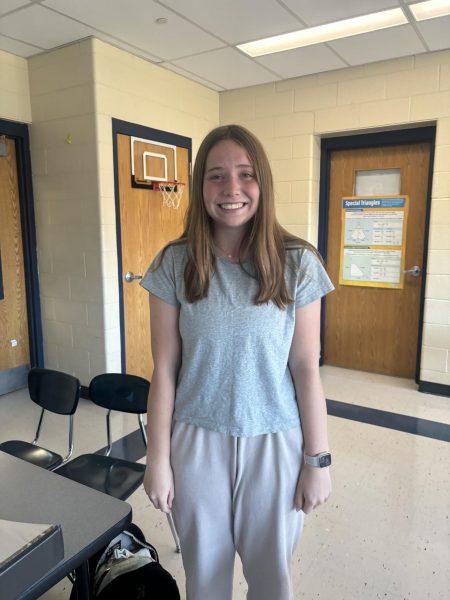
Sophomore Chloe Zerwick said, “I don’t really care about it” and further stated that it doesn’t affect any of her friendships. However, sophomore Leah Hyland explained that political beliefs don’t affect her friendships simply because she “can’t vote yet.”
Other people we interviewed echoed this idea, saying they don’t choose their friends based on their political affiliations. In many cases, students referenced having similar opinions with their friends despite that not being an initial priority in the relationship. Junior, Stella Pratowski said she doesn’t intentionally look for beliefs in people, however, she noted, “I feel like for the most part people I surround myself with happen to have the same political beliefs as me.”

Some students, like junior Jakob Klein, know their friends have different political beliefs and don’t let it interfere with friendships. Klein says, “I think I tend to be friends with people who have differing opinions.” When speaking, he mentioned that he identifies as a Democrat while many of his friends are Republicans. Benjamin Luce, a senior, also has friends with differing opinions, saying that when talking to some of his friends, “it is very shocking to hear their beliefs.” He noted, however, “I don’t think it should affect friendships or relationships.”
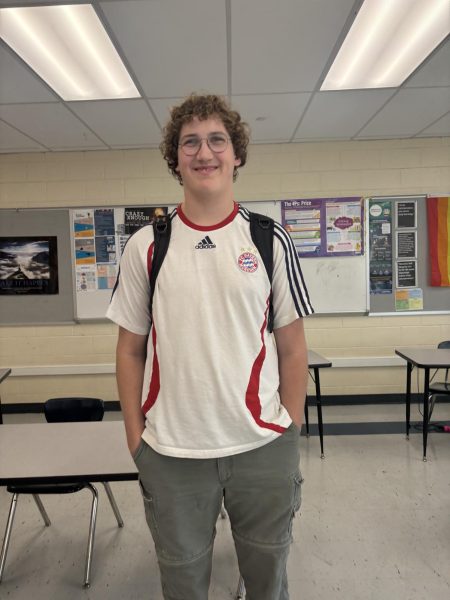
With friendships that have opposite views, many say that they will argue about opinions, but at the end of the day, they are still friends. Klein said that he fights with his friends but added, “I like it because I like learning their perspective.” Luce had similar experiences, stating that even though he and his friends may argue, they are all “civil debates.” Although they have different opinions, Klein was quick to note that his friends “are all good people,” explaining what many high schoolers may agree with; even if someone has different views, students can still be friends with one another.
As time goes on and more elections occur, there is potential for students’ political views to develop or change. Fortunately, at STHS, friendships form and last across political divisions.

